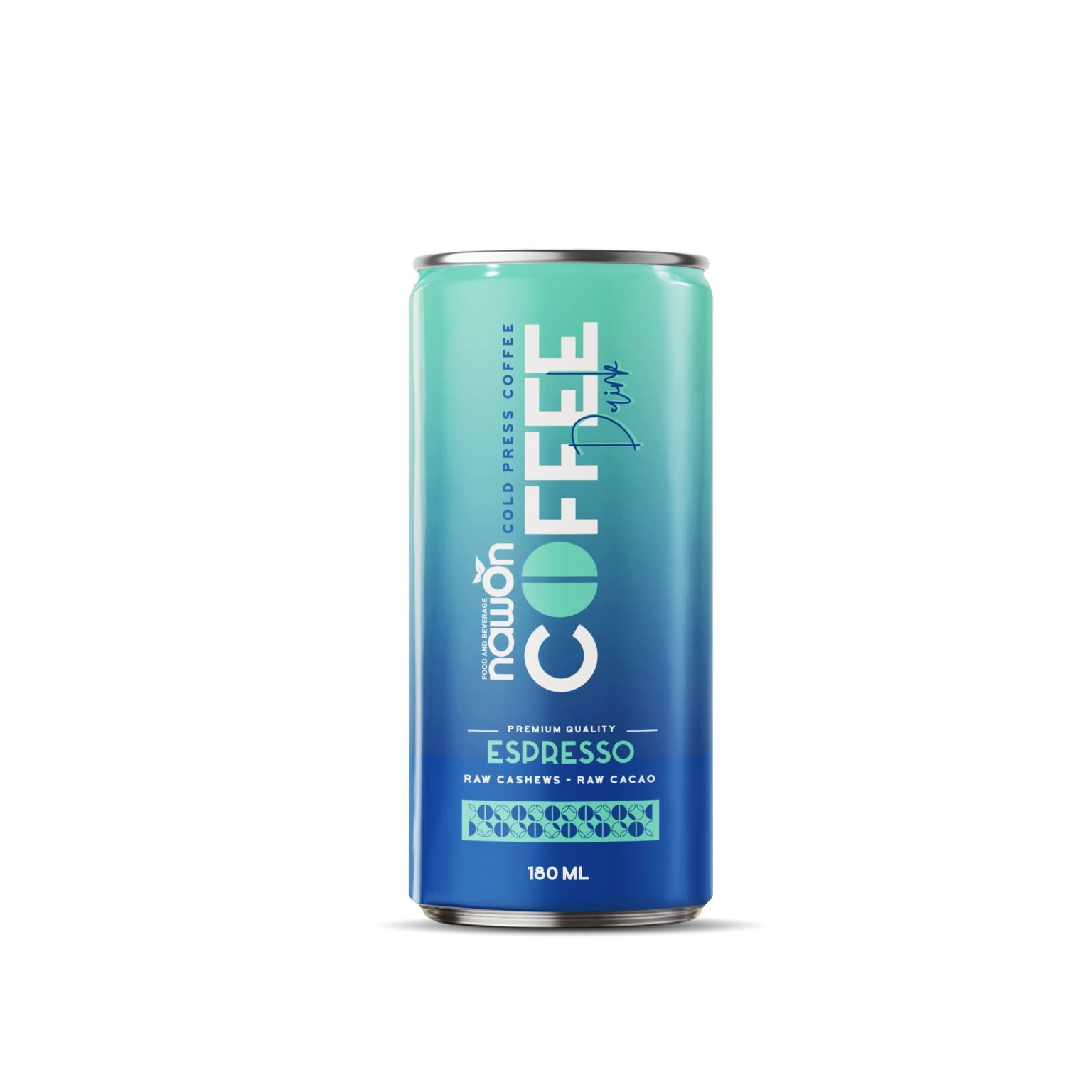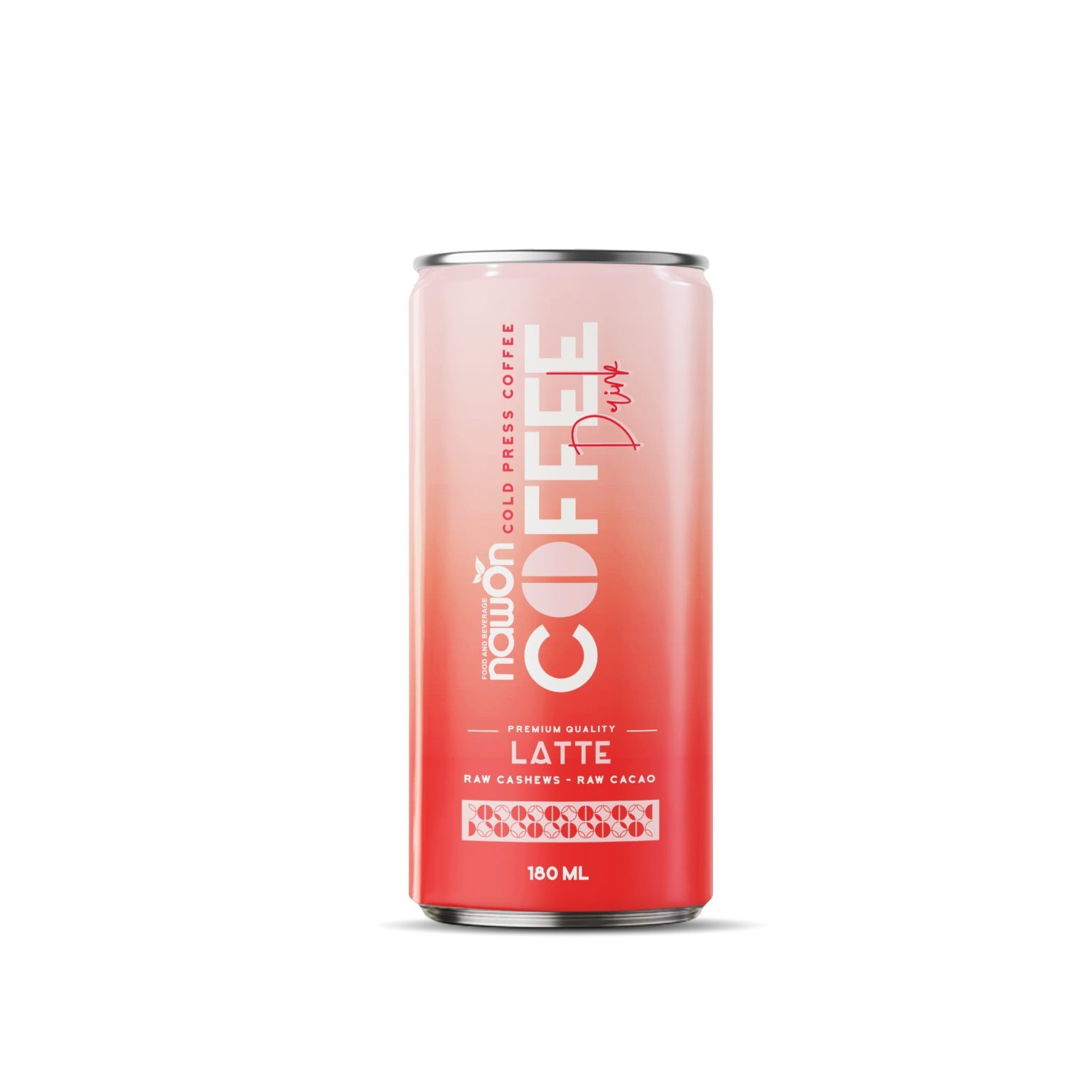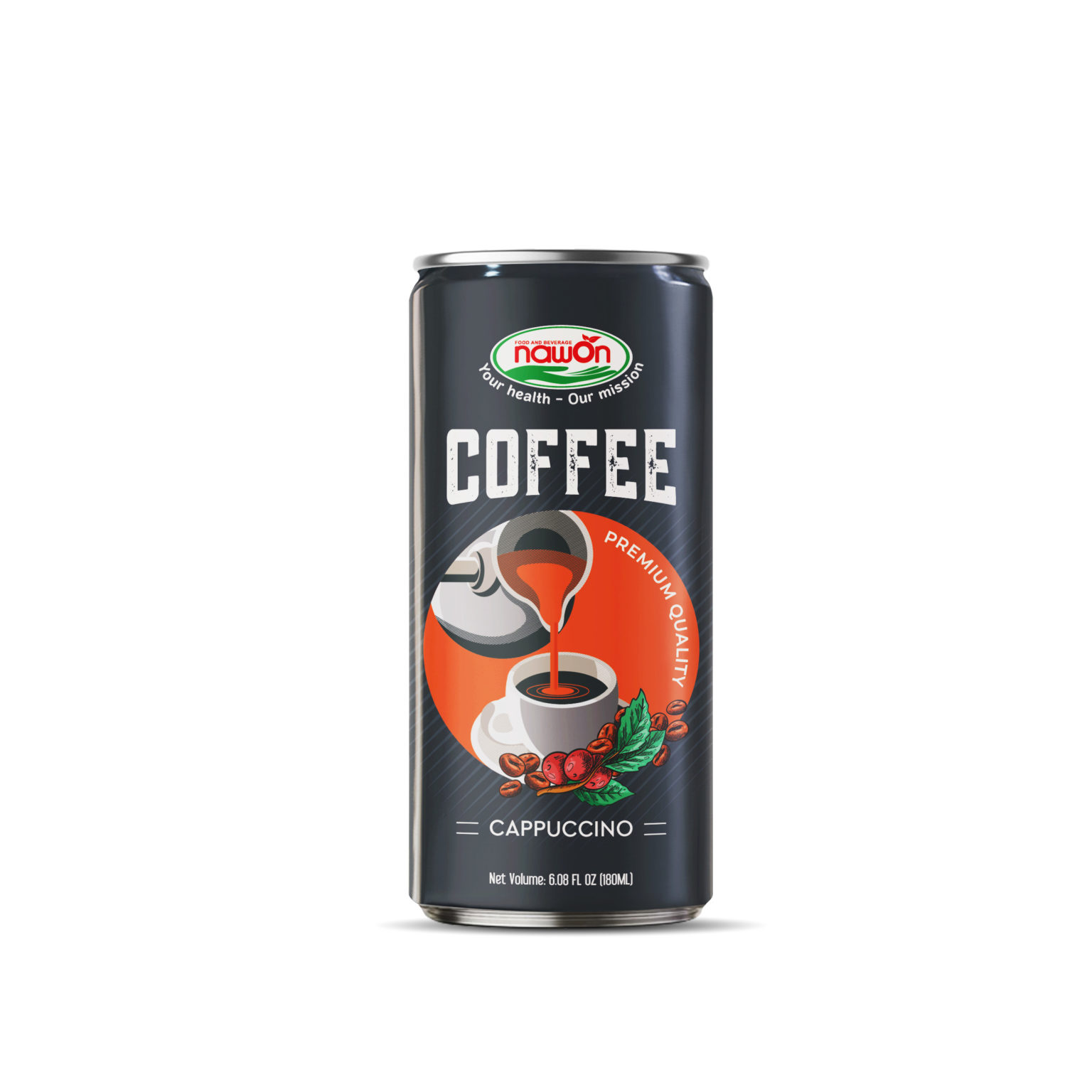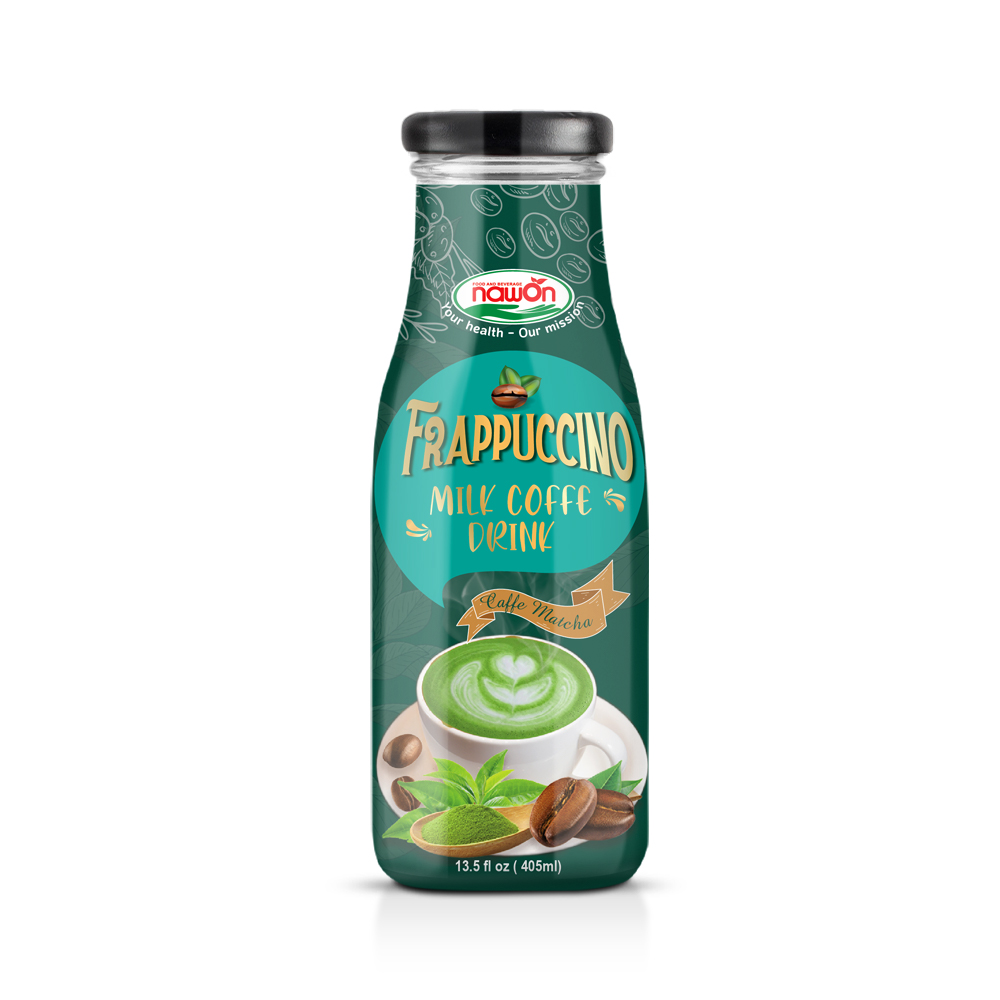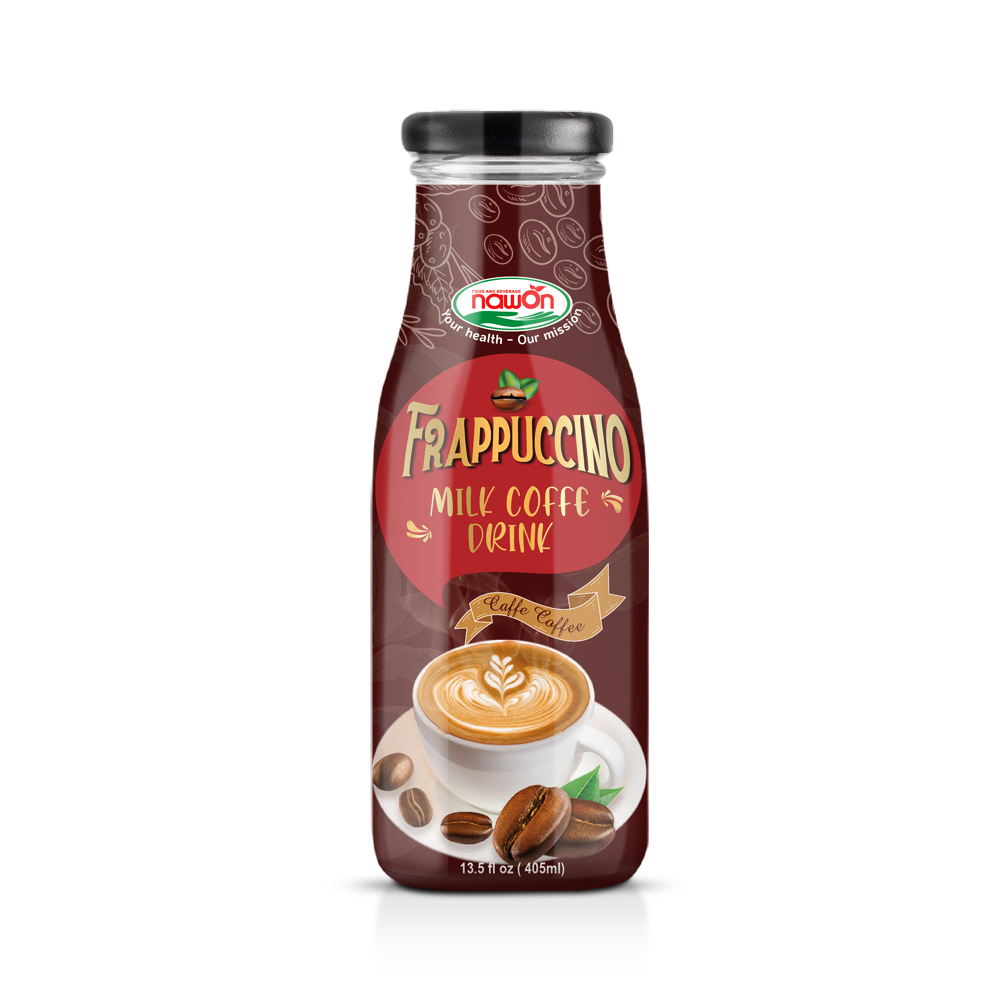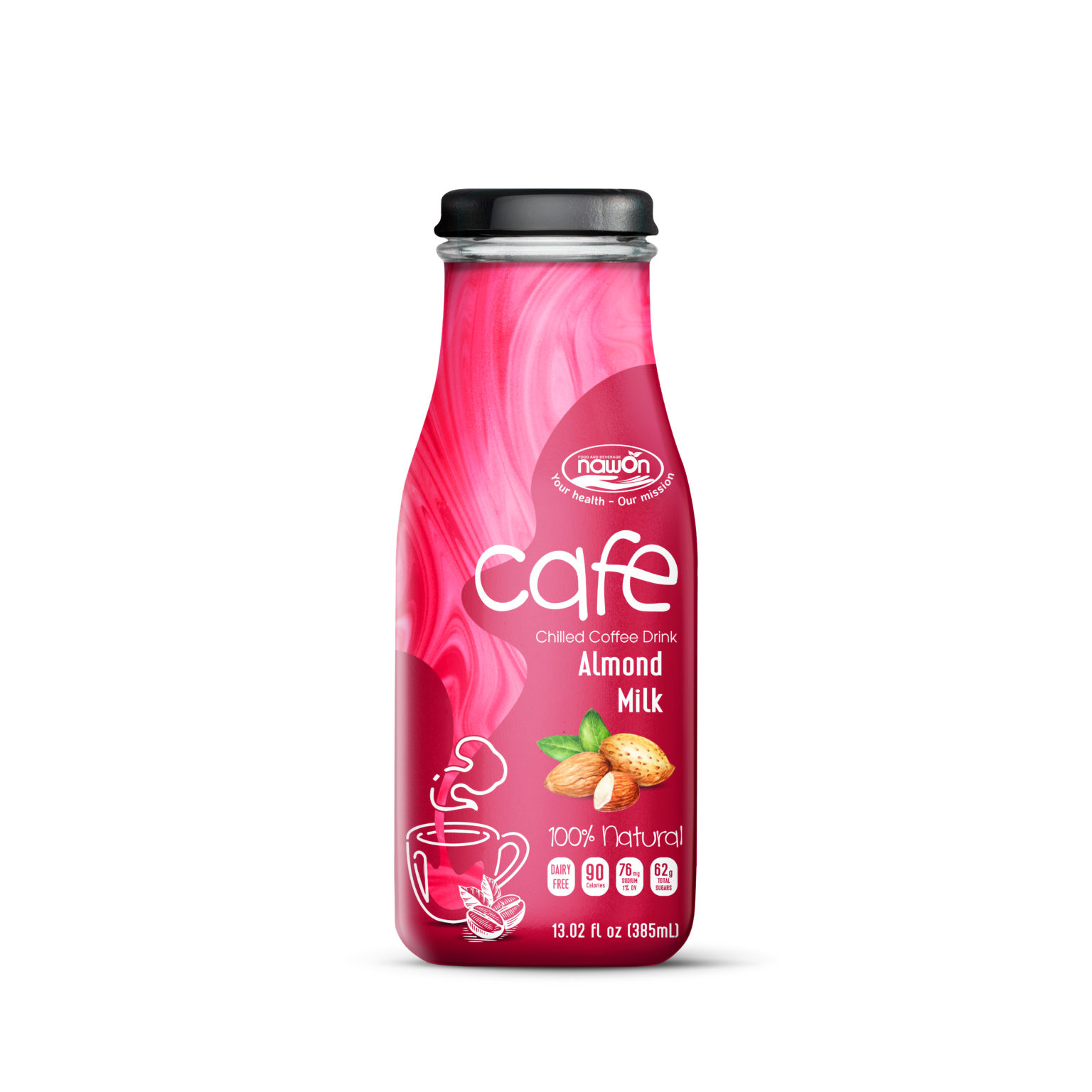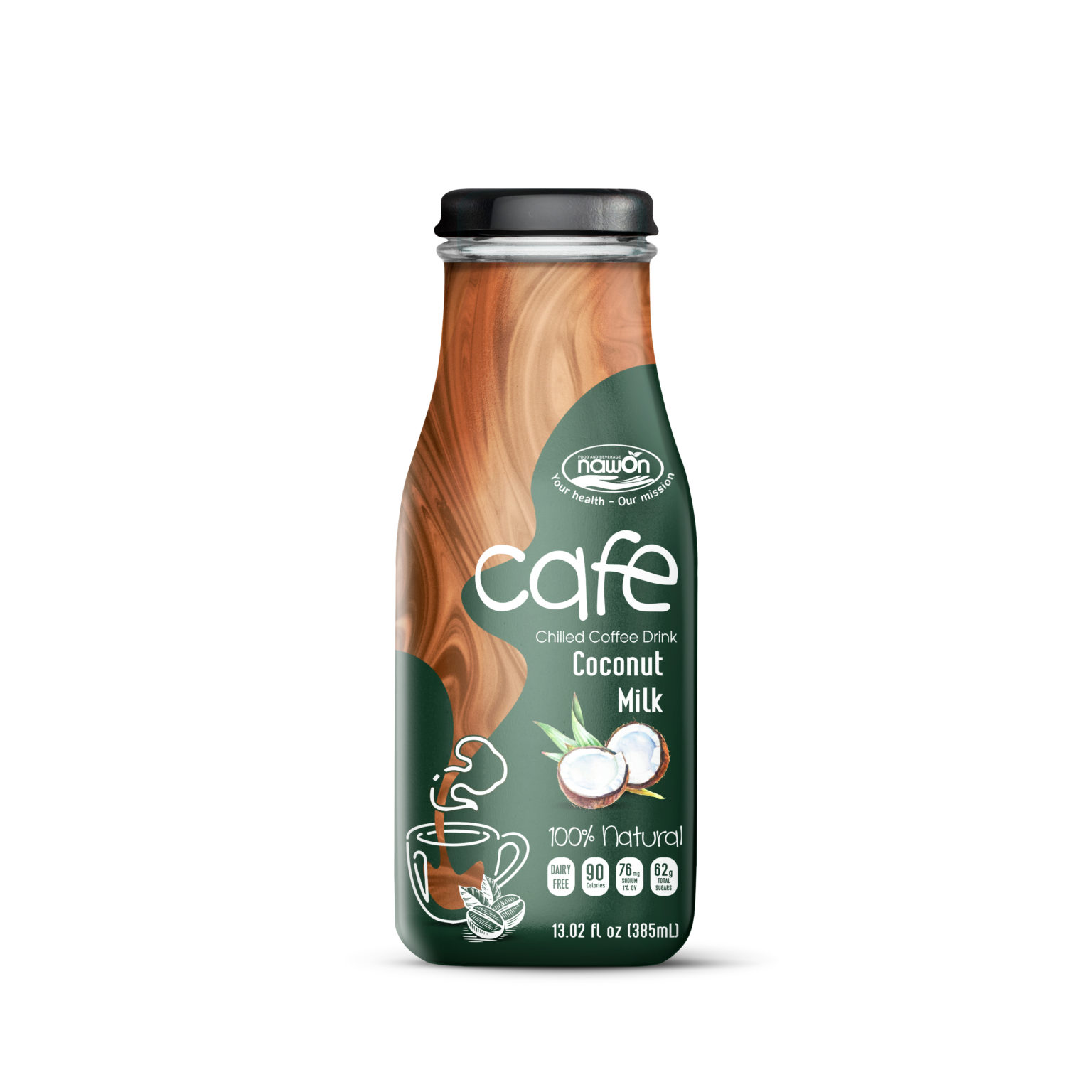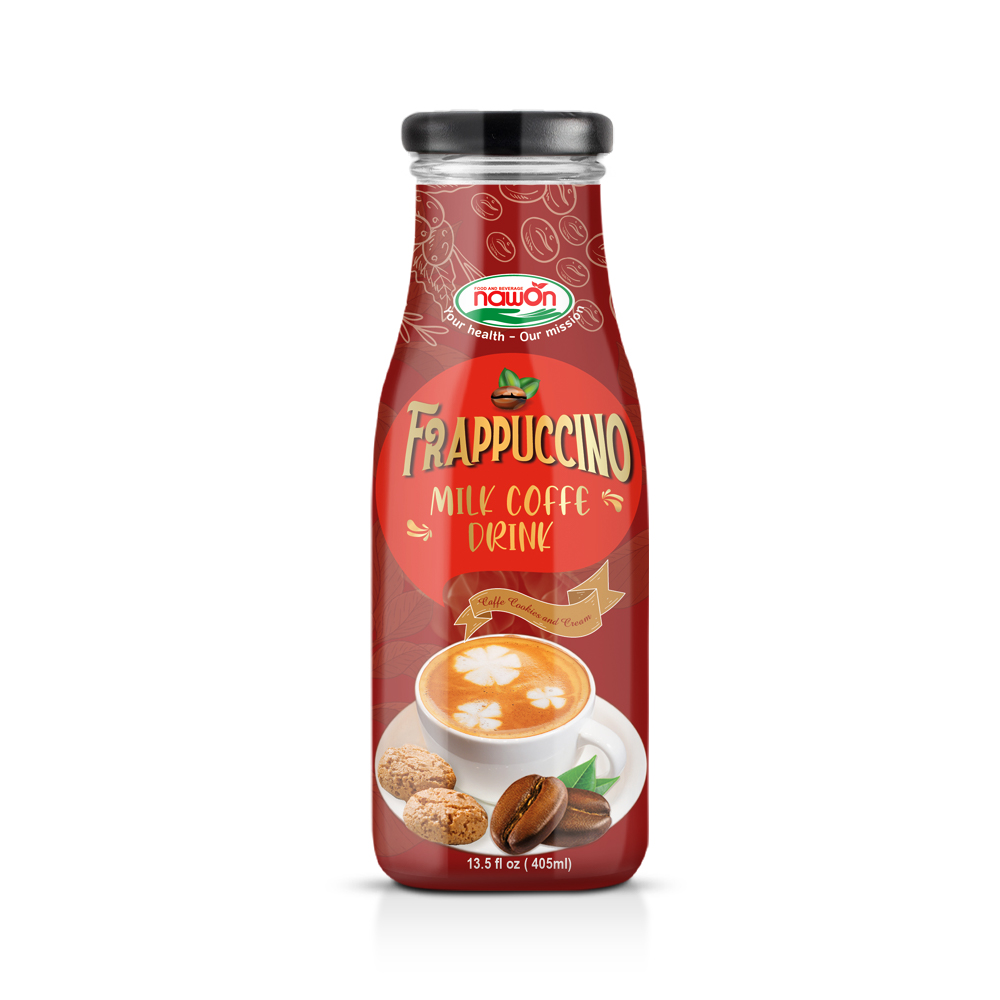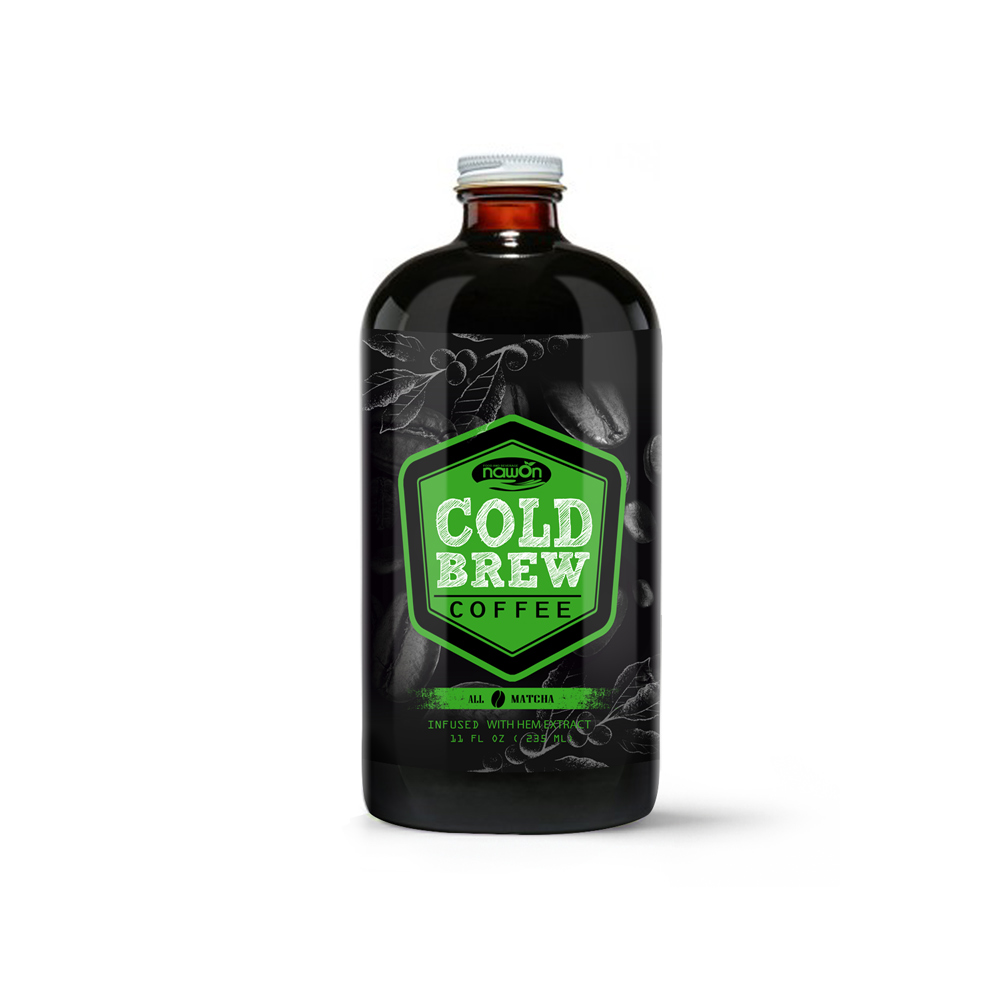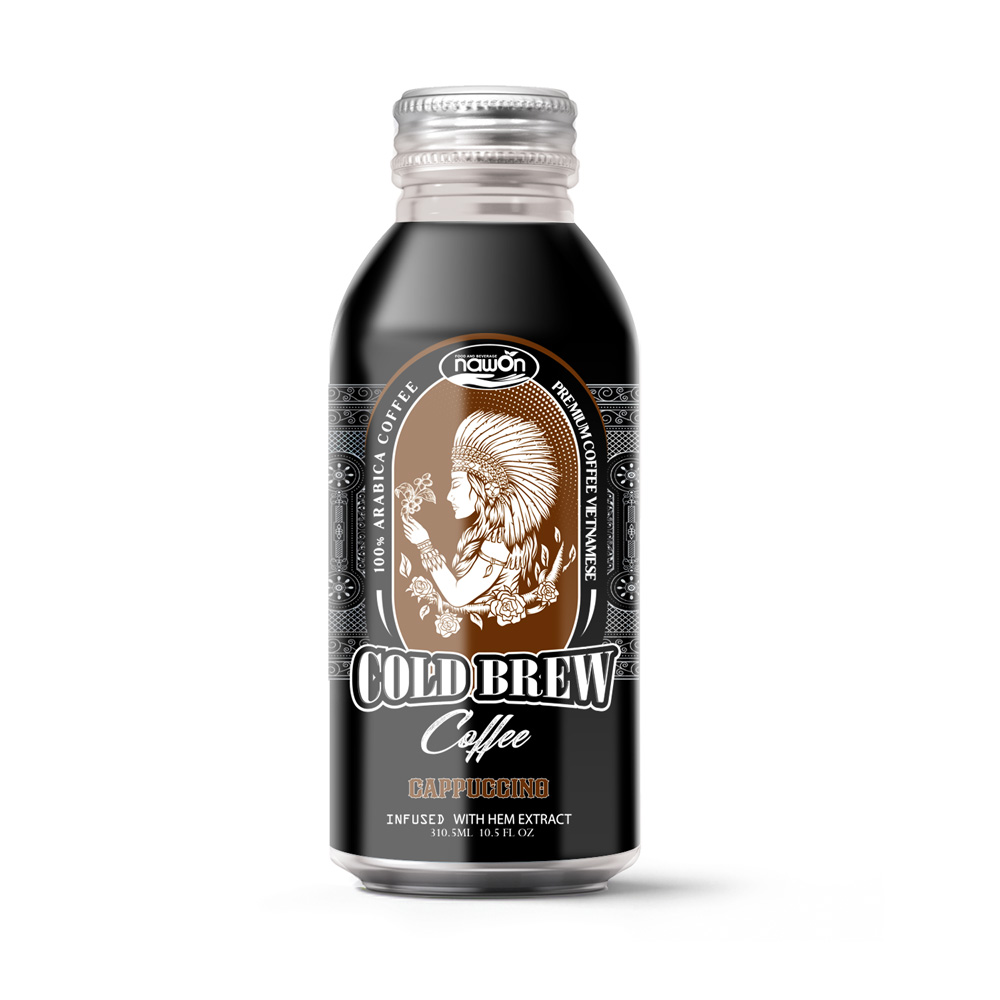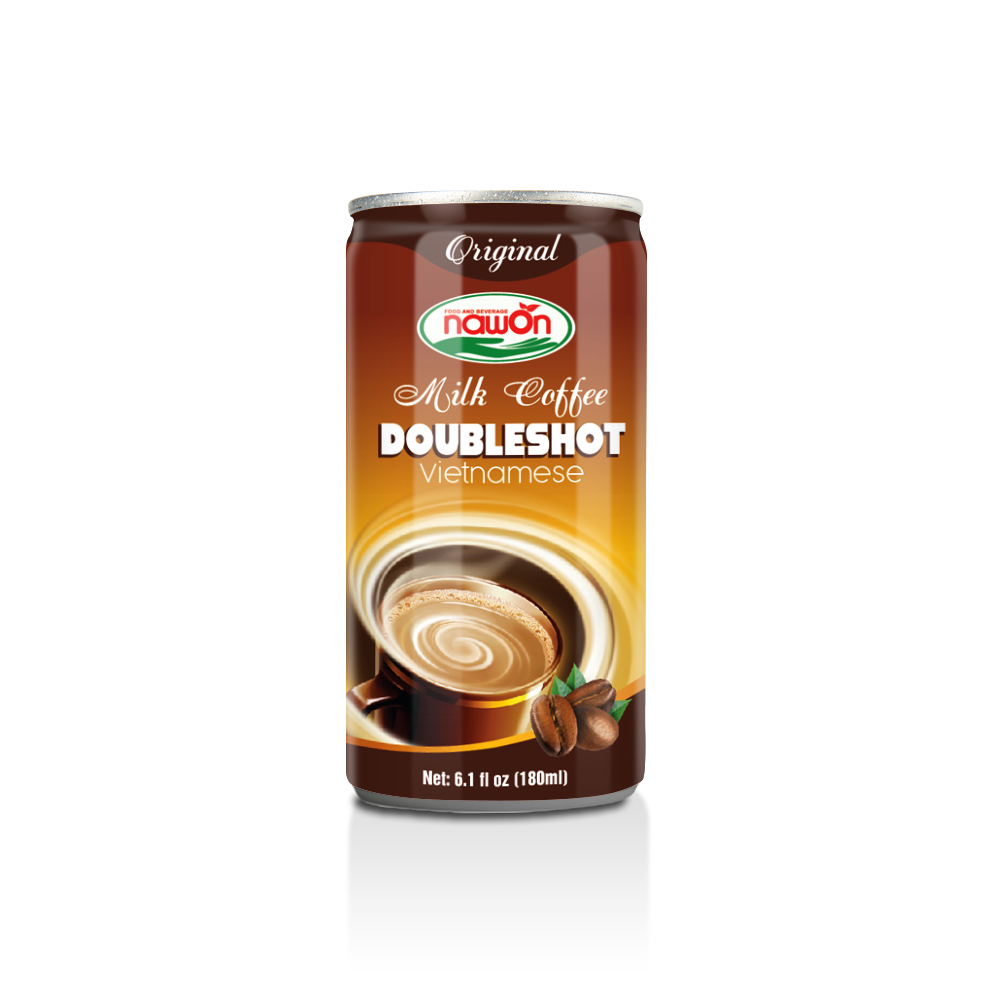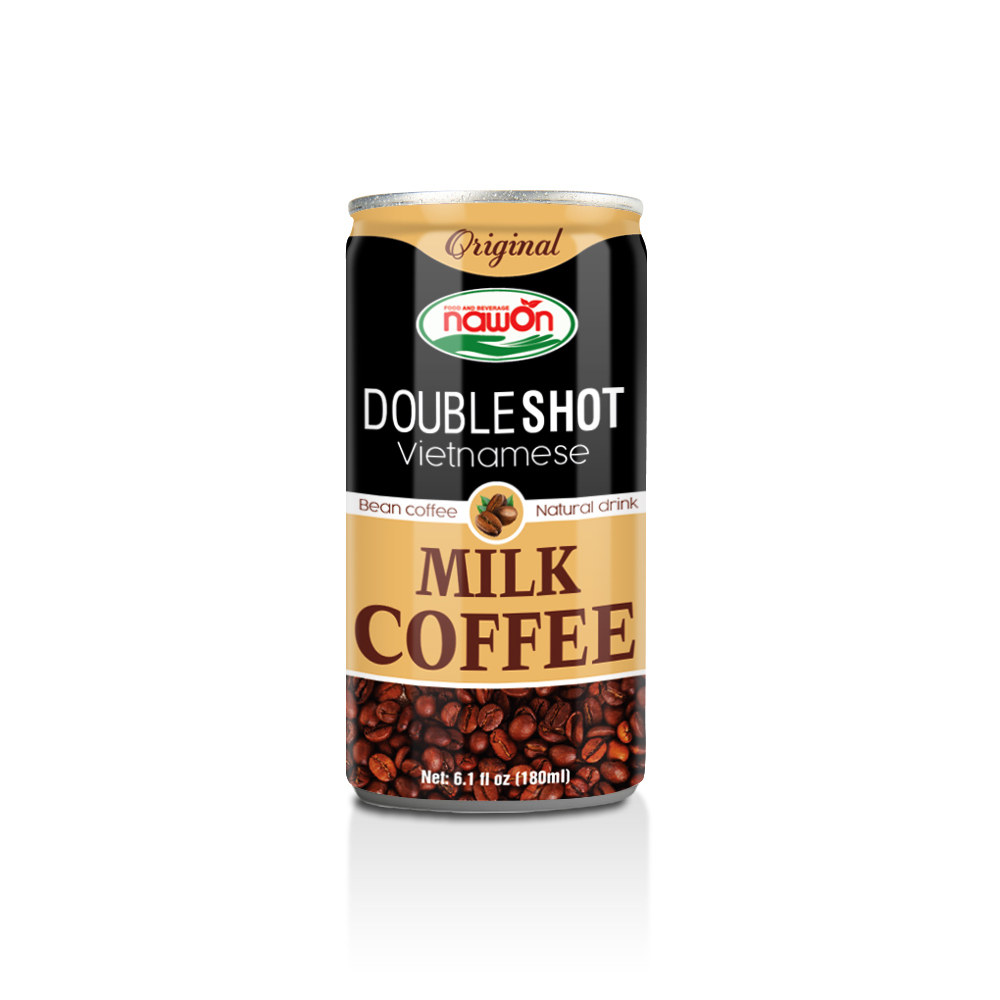In the ever-evolving landscape of dietary choices and healthcare trends, the question of natural versus synthetic ingredients often takes center stage. There is no exception to caffeine. In the article below, Nawon will provide readers with the differences between natural and synthetic caffeine, providing a comprehensive understanding of these two forms and their potential effects.
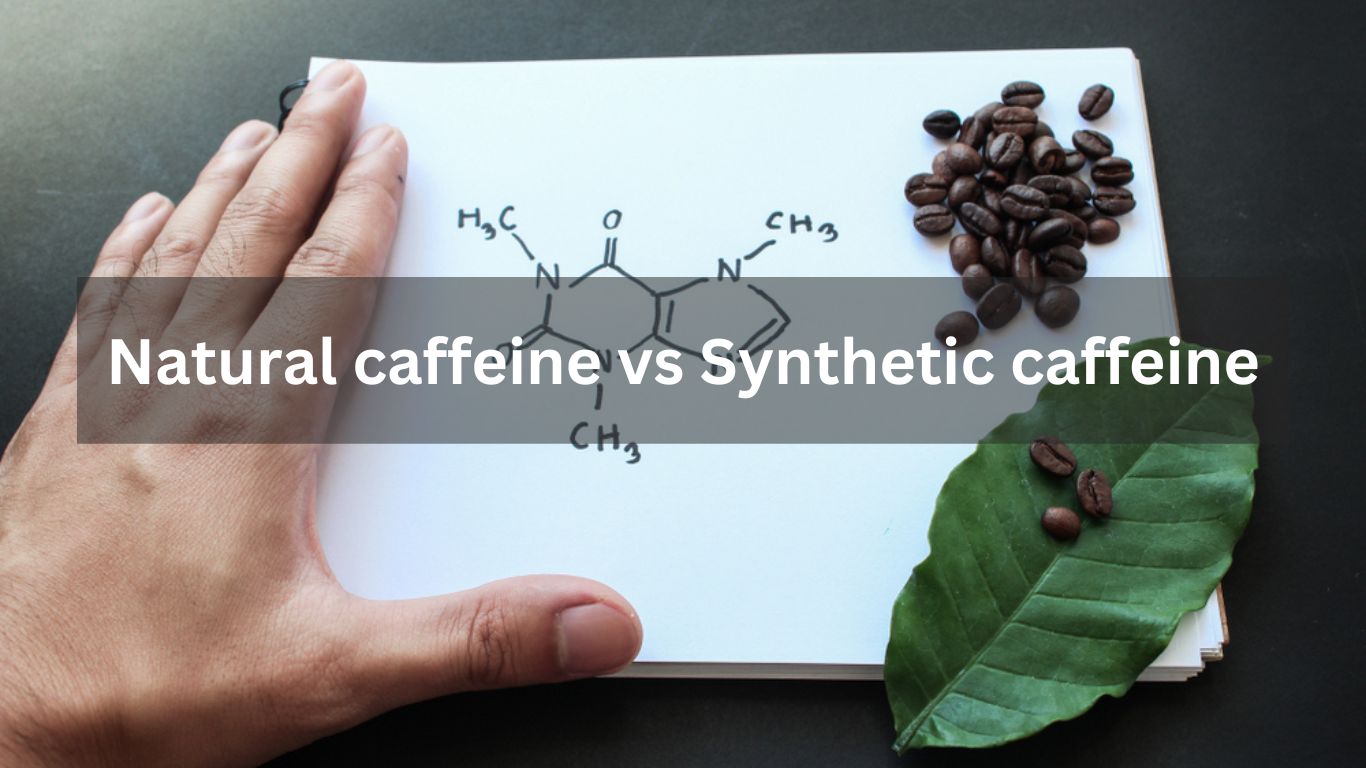
What is natural caffeine
Caffeine is a natural stimulant some plants produce as a defense mechanism against herbivores. Humans discovered caffeine through beverages and foods from these plants. The most commonly used natural sources of caffeine include coffee beans, tea leaves, cocoa beans, and some nuts.
Natural caffeine is extracted from these plant sources through various processes, depending on the specific source. For example, in the case of coffee, caffeine is naturally present in the beans, and it is released during the brewing process to create a stimulating beverage. Tea leaves, especially those from the Camellia sinensis plant, also contain natural caffeine, contributing to the tea’s energizing effects.
The concept of natural caffeine or coffee of plant origin distinguishes it from the type of caffeine humans create based on a chemical formula, also known as artificial caffeine or synthetic caffeine.

Explore The Taste Of Coffee Drink
Continuel
What is synthetic caffeine
Synthetic caffeine is produced through chemical synthesis in the laboratory rather than being extracted directly from natural sources. This means synthetic caffeine is created by combining many chemical compounds to form a caffeine molecule. The process typically involves starting with precursors such as uracil or xanthine and then chemically modifying them to create the final caffeine product.
Synthetic caffeine is commonly used in the food and beverage, pharmaceutical, and dietary supplement industries. It provides a consistent and controlled source of caffeine that can be added to various products. The synthetic form allows for precise control of caffeine content, ensuring precise dosing in medications or standardized levels in energy drinks and other beverages.
Some people may prefer natural sources of caffeine due to personal preferences or beliefs about natural and organic products. Choosing between natural and synthetic caffeine often depends on the intended use and the preferences of the manufacturer and consumer.
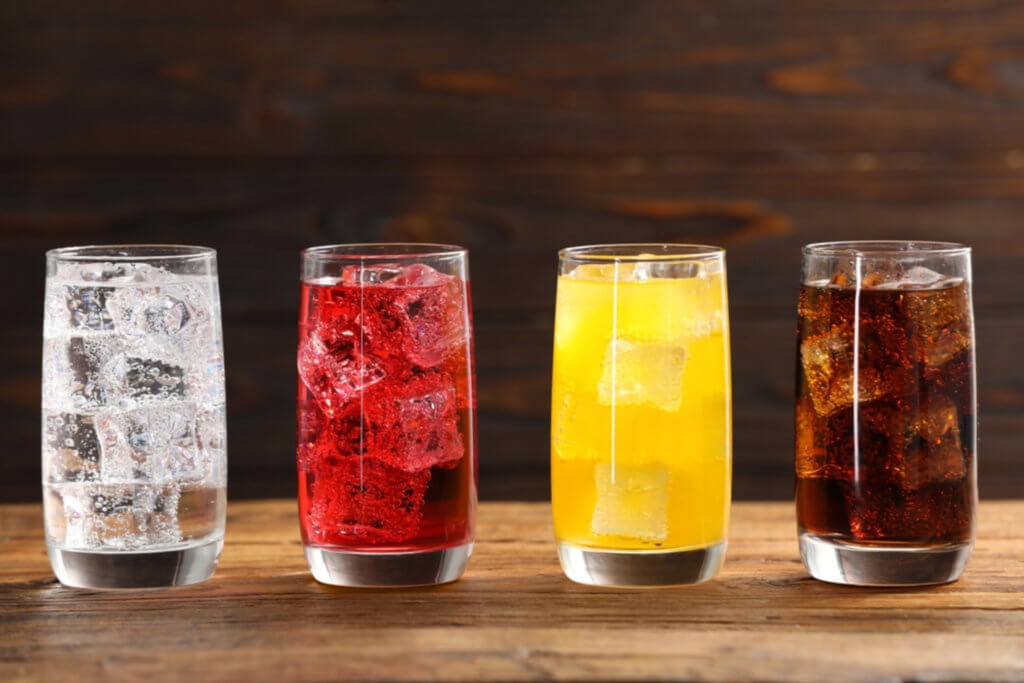
See more: Does Decaf Coffee Have Caffeine?
Natural caffeine vs synthetic caffeine
There are a few differences between using products containing natural and artificial caffeine for consumers. If used more than the allowed dosage, it can harm health. Both natural caffeine and artificial caffeine can be harmful to human health.
However, natural substances are always friendlier to human health. Synthetic caffeine is absorbed into the body much faster than natural caffeine, bringing the feeling of stimulation to peak much sooner. However, it will also wear out faster. Natural caffeine is released in the body slowly and sustainably, giving you hours of energy without feeling jittery or anxious.
Besides, drinks containing synthetic caffeine often come with other compounds that are harmful to your body. For example, energy drinks containing processed sugar are linked to many negative health concerns, while natural sources of caffeine are rich in antioxidants and life-enhancing nutrients.
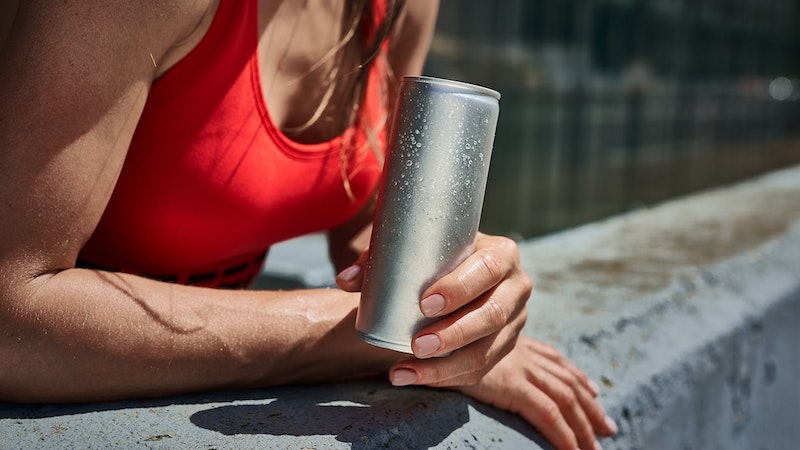
The differences between natural and synthetic caffeine are primarily chemical, and differences in origin and purity can lead to slight variations in its taste. When enjoying these two types of coffee, some people can feel those changes, but not too much.

